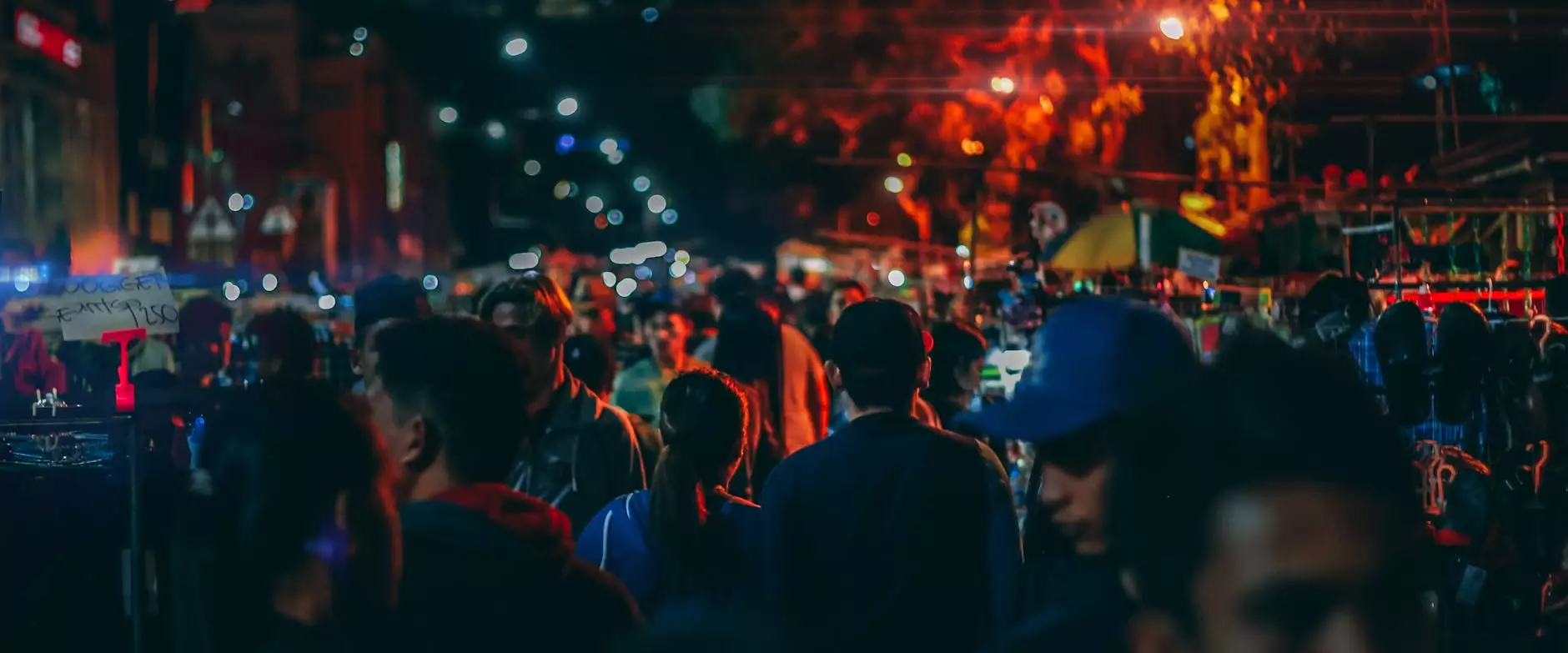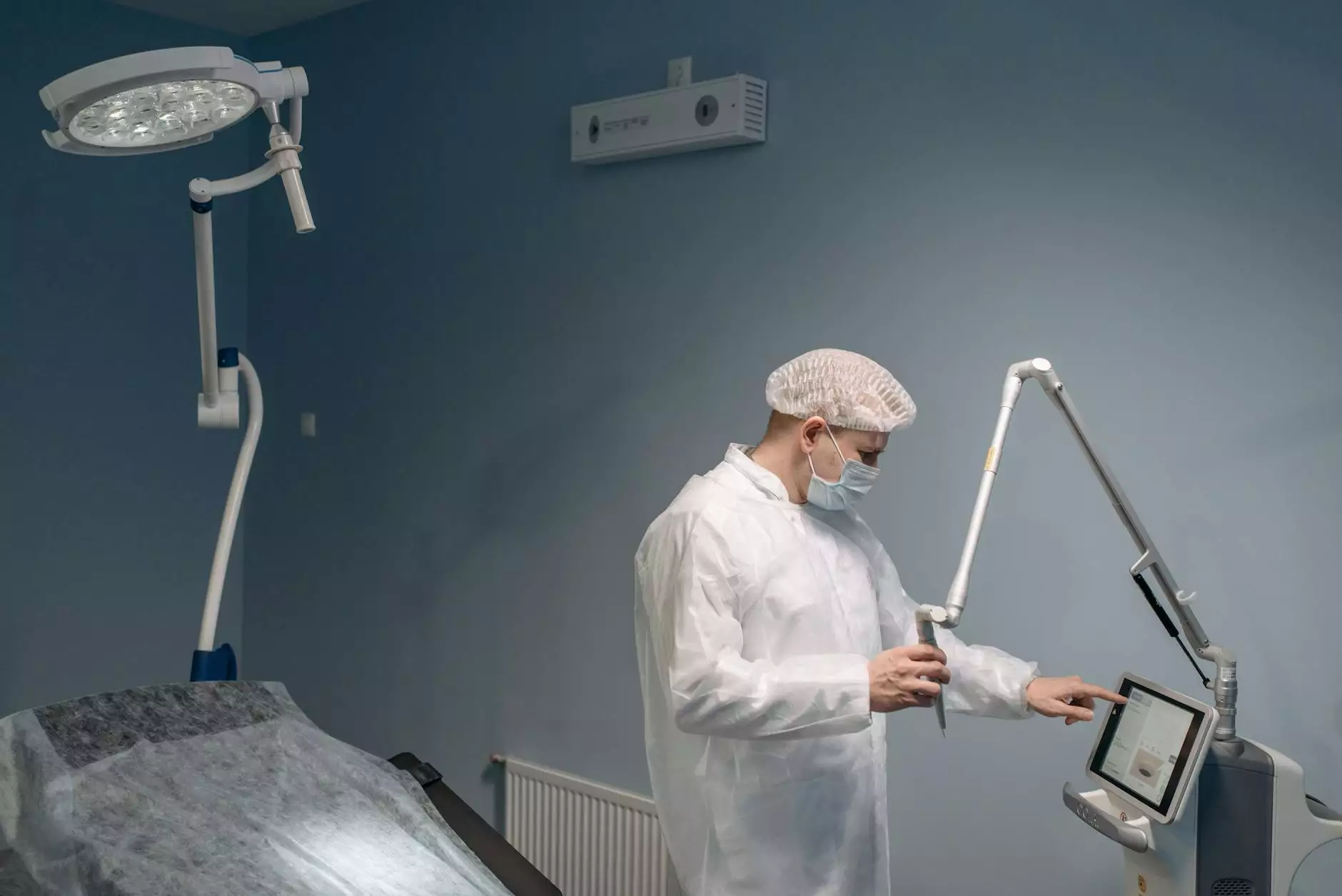Exploring Black Churches in NYC: A Hub of Community and Spiritual Growth

Black churches in NYC embody a rich tapestry of history, culture, and community service. For centuries, these institutions have served not only as places of worship but also as vital community hubs that provide support, education, and resources. This in-depth article will explore the significance of black churches in New York City, highlighting their contributions to society, their pivotal role in the civil rights movement, and the various services they offer to the community today.
The Historical Significance of Black Churches in NYC
The roots of black churches in New York City can be traced back to the colonial period when African slaves were brought to America. Despite immense challenges, these communities formed spiritual sanctuaries where they could celebrate their faith, culture, and resilience. The first black church in NYC, the Abyssinian Baptist Church, was founded in 1808 and remains one of the most significant institutions in the history of black churches in America.
The Role of Faith in the African American Community
For African Americans, faith has long been a cornerstone of community identity and resilience. Black churches in NYC have provided a safe space for individuals to gather and support one another. More than just places for religious services, these churches have acted as:
- Centers of Community Support: Offering various programs to assist those in need.
- Education Hubs: Providing educational resources and classes for youth and adults.
- Activism Platforms: Mobilizing communities for social justice and civil rights initiatives.
Community Service and Outreach Programs
One of the most profound impacts of black churches in NYC is their commitment to community service. Many churches operate outreach programs aimed at uplifting underprivileged communities through various initiatives. These include:
- Food Pantries: Addressing food insecurity by providing meals and groceries to families in need.
- Job Readiness Programs: Offering skill-building workshops to help individuals secure employment.
- Health Services: Organizing health fairs and screenings to promote wellness.
- Mental Health Support: Providing counseling and support groups to address mental health challenges.
Case Study: Bridge Church NYC
Located in the heart of Harlem, Bridge Church NYC is a prime example of a modern black church that merges traditional faith practices with contemporary community needs. They focus on creating a welcoming environment that encourages spiritual growth, social engagement, and personal development.
Bridge Church NYC offers a range of services tailored to meet the evolving needs of the community, including:
- Youth Programs: Mentorship and educational opportunities designed for children and teenagers.
- Bible Studies: Small group meetings that dive deeper into scripture and foster fellowship.
- Community Events: Hosting events that bring together diverse groups for service and celebration.
The Impact of Black Churches on the Civil Rights Movement
Historically, black churches in NYC have played a critical role in the civil rights movement. Leaders such as Dr. Martin Luther King Jr. often turned to the church as a platform for activism. Here are some ways in which these churches contributed:
- Rallying Points: Serving as meeting places for planning protests and organizing community action.
- Advocacy: Black church leaders often advocated for political change and civil rights legislation.
- Educational Workshops: Hosting sessions to educate community members about their rights and ways to effect change.
Modern Challenges and Adaptations
Despite their historical importance, black churches in NYC face modern challenges, including declining attendance and financial sustainability. To remain relevant, these institutions are adapting in innovative ways, such as:
- Utilizing Technology: Live streaming services and engaging with congregants through social media.
- Community Partnerships: Collaborating with local organizations to enhance service offerings.
- Inclusive Programs: Developing programs that address diverse community issues beyond traditional religious services.
The Cultural Significance of Black Churches
Beyond their spiritual mission, black churches in NYC are cultural beacons that celebrate African American heritage through music, art, and community gatherings. They often host:
- Gospel Concerts: Showcasing talented local musicians and choirs.
- Art Exhibitions: Featuring work from local African American artists.
- Cultural Festivals: Celebrating heritage through food, music, and storytelling.
Promoting Unity and Solidarity
The influence of black churches extends into the wider community, promoting unity and solidarity among diverse groups. They provide a platform where individuals can come together, regardless of their backgrounds, to work towards common goals. The ability to foster dialogue and understanding plays a crucial role in building bridges across communities.
Conclusion: The Future of Black Churches in NYC
As we look to the future, black churches in NYC will continue to evolve and adapt, reflecting the needs of their communities while staying true to their foundational principles. They will remain essential in providing support, fostering community connections, and enhancing spiritual growth. The legacy of black churches remains strong, and their contributions to society will undoubtedly leave a lasting impact on generations to come.
For more information on how you can get involved or participate in the incredible work being done by black churches in NYC, reach out to local organizations or visit Bridge Church NYC for opportunities to contribute to your community.
black churches nyc








